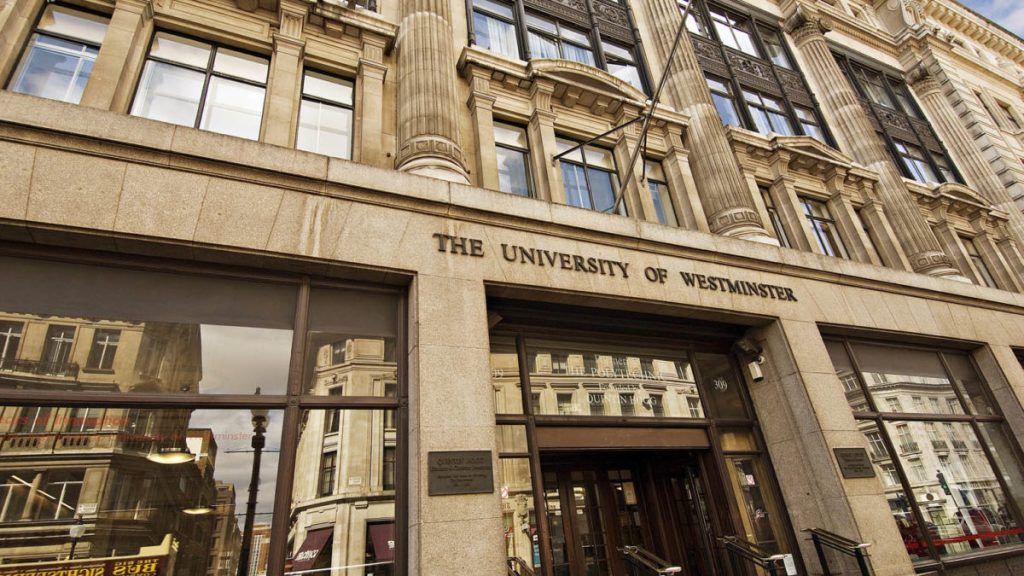Call for Papers: Ethics of the digital

This call for papers relates to the Ethics of the Digital Conference organised by the Digital Geography Research Group of the RGS, and hosted by the Communication and Media Research Institute (CAMRI) at the University of Westminster on 27-28 June 2023.
CALL EXTENDED TO 1st MARCH due to strike action
The vast majority of the world now live within heavily mediated and data driven societies. Data is collected in vast quantities by a wide range of actors, and increasingly powerful tools are being used to extract information from this data to influence the way we are governed, the products we buy, and the socio-political choices we make. Concerns have long been raised by the ‘black box’ and opaque nature of the new digital spaces created through the collection, processing, and curation of data. The collection and distribution of data has been made increasingly possible due to improved global connectivity and cheaper storage, meaning this data now has the potential to significant alter the human condition, both in digital and physical spaces.
Open data has often being positioned as an antidote to ‘black box’ practices’, and while the democratisation of data access is applauded by many, open data also comes with ethical issues and the potential for misuse. Ethical issues involving data and the digital present a unique set of complex challenges compared to many other technologies. This is in no small part due to data and the digital realm being both complex beyond the understanding of the general public, while also being ubiquitous and having the potential to impact all aspects of life. This conference seeks to explore the challenges, opportunities and contentions between open and other forms of data within and beyond the digital landscape. The conference will examine the nature of digital data, its ethical issues, and also themes related to, the public sphere, data ownership, data collection and consent, personal data, how we find trust in data and the algorithms that process it, privacy and confidentiality in an open data society, and the individuals, companies, and governments tasked to used such data.
The Digital Geographies Research Group welcomes abstracts for full papers, lightning talks and digital shorts[1], or roundtables on the following, or other related topics;
- Data ethics
- Data and trust
- Personal Data
- Data ownership/transfer
- Digital Divides
- Consent, privacy, and data
- Algorithms
- Data policy and frameworks
- Open data in research
- Government use of (open) data
- Open data in the third sector
- Digital and data-driven participation
- Data collection
- Applications of open data
- Spatial data
- Digital fieldwork methods
- The digital sphere
Abstracts should be no more than 200 words, and should be submitted through the conference submission form before 1st March.
Submissions can be made using this form.
Participants will be informed of their acceptance by 13th March with an expectation that selected speakers will register for the conference by 1st April.
NB: Please note that with the exception of digital shorts there is the expectation that all other presentations and workshops will take place in person in London. Some talks may be streamed to an online audience where appropriate.
Registration Fees
(Registration will open from 14th March)
| DGRG Member Registration (in-person) | £30 |
| Non-Member Registration (in-person) | £35 |
| Postgrad and precarious employment registration (in-person) | £12 * |
| University of Westminster Student registration (in-person) | £0 (student number will be required) * |
| Online only – note only some talks will be available online | £0 |
Registration includes full attendance to the full conference, breakfast on Tuesday and Wednesday, Lunch and drinks reception on Tuesday.
Travel Bursaries are available to those who need support in travelling to London for this event. Bursaries of up to £50 to help cover transportation or hotel costs have been made available thanks to the kind support of the Royal Geographical Society. Applications for bursaries will open alongside the registration form.
* Reduced registration fees for postgraduate and precarious workers, as well as free registration for University of Westminster students has been made possible thanks to the kind support of the Communication and Media Research institute at the University of Westminster.
[1] Digital shorts are 4-8 minute long videos about research that is in progress or which has recently been published. They are a quick fire introduction to your research work, and will be shared on our YouTube channel as well as at the conference itself. You can get some inspiration about digital shorts from our YouTube channel: https://www.youtube.com/channel/UCfw3yN5P7dduwDJ7z7KH5CA/videos
Image by: University of Westminster






